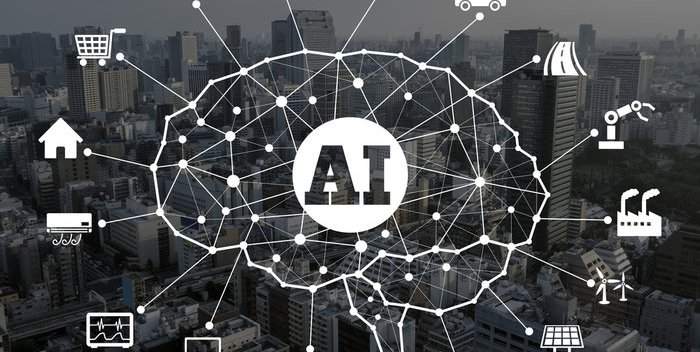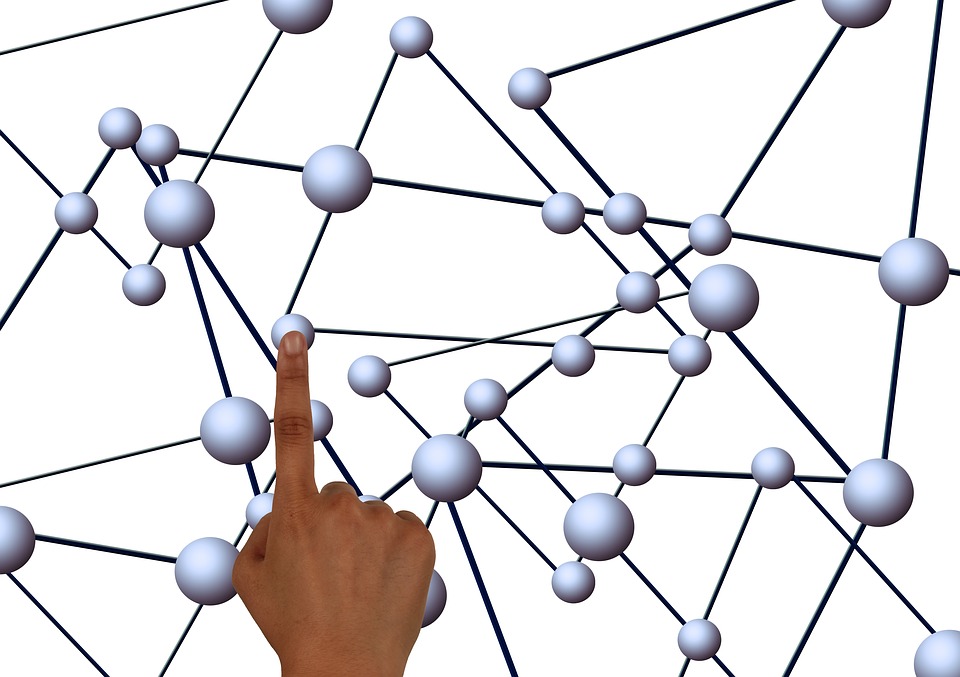
Whether you’re in favour of it or not, the vast majority of people likely agree that artificial intelligence (AI) will change the world. Just about every industry and people from all walks of life stand to benefit from this machine learning technology, including, for example, the marketing world. Of course, naysayers will also point out that there are many ways in which this tech could have damaging effects as well.
Love it or hate it, the reality is that AI is gaining ground and may become more prevalent in the world a lot sooner than some may realize. This was seen in AI trends last year and more have been predicted for this year. What type of trends?
Here are 4 among the most notable predicted trends for 2018 that are likely to further cement artificial intelligence into our lives
1. AI and Data – Google RankBrain expands
Google is always seeking new ways to build upon and improve its algorithm. Being a huge forward-thinking technology company specializing in Internet-related services and products, it only makes sense that it would apply the latest and greatest tech to help deliver the best search results. This is where Google RankBrain comes in.
RankBrain is machine learning AI system designed to grade and categorize search results. According to an article by Seeking Alpha, RankBrain is AI that helps to clarify intent for new search queries. More specifically, it is a processing algorithm that utilizes machine learning to return the best match to a Google user’s query when the AI system isn’t certain what the query “means.”
A December 2017 Search Engine Journal reported that initially RankBrain was used only in about 15% of Google queries, but now it has grown beyond this small number and is involved in nearly every query entered into Google. This means, when you conduct a search on Google now, AI is most likely at work.
2. AI in healthcare – robots could be the future
We might not be at the robotic humanoid doctor phase of artificial intelligence in healthcare yet, but AI is currently happening within the healthcare industry, just not in ways that are as obvious as robot caregivers.
There’s plenty of AI going on behind the scenes. For instance, image recognition algorithms are being utilized to detect warning signs buried in medical images (e.g. brain bleeds, tuberculosis, etc.). These same algorithms are also being used in hand-written doctor’s notes. In fact, one of Forbes’ predictions is that this type of algorithm technology, which is proving to be successful in pilot projects, is likely to move into broader operational use in the next year.
There are even medical apps designed to help doctors with lab results. One such app that is currently in the works is the doc.ai app, which uses AI tech to interpret lab results, such as blood tests, and eventually genetic tests, etc. Other AI tech that is showing promise in the health industry includes bionic limbs, treating PTSD, virtual assistants, and, of course, humanoid robots.
3. AI in personalization – taking branded content to a new level
Marketing is no easy feat. While effective marketing has always been a challenge for brands, today, it’s never been harder. Consumers are continuously inundated with content online. For this reason, it’s now more important than ever for brands to deliver content that is relevant to the individuals they’re targeting.
With so many different brands available, it can be difficult for operators to keep their customers happy and coming back for more. This is where artificial intelligence technology can help.
BtoBet is an excellent example of a company that uses machine learning to help its clients satisfy their customers by providing customers with a more personalized experience. For instance, the company recently closed a deal with gaming giant Betsoft, and BtoBet’s clever AI learning machine will provide an accurate data analysis for each of Betsoft’s customers in real-time. This will give Betsoft the ability to automatically segment the player’s base, which will allow for the most optimal strategies to be easily built around this base.
AI has and will continue to be an important trend when it comes to personalization. Its ability to analyze behavioural and demographic data to determine what type of content is best suited to a specific user or consumer is becoming increasingly invaluable.
4. AI in content creation – artificial intelligence in the newsroom
There are several ways in which AI is being used in news media, such as by speeding up the researching process, cross-referencing data, accumulating data, and so on.
Essentially, as a TechEmergence article points out, automated journalism is enhancing newsrooms by automating mundane tasks and crunching more data. Both help to free up a journalist’s time so that they can produce quality content from reliable resources at a quicker rate.
For instance, the Reuter’s application News Tracer is capable of tracking down real breaking news, eliminating the grunt work for journalists. This is a huge time saver because fake news is rampant these days. While it’s not hard to find breaking news, the integrity of the stories out there is another issue entirely. The Reuters tool helps to combat this problem, giving journalists an 8 to 60-minute advantage.
Another great advancement in the world of robotic journalism is AI’s ability to generate outputs. Machines are capable of stringing together stories and reports from raw data and can turn this data into an intelligent story. The Quill platform from Narrative Science is a prime example of this type of tool.
Of course, even with these tools available, it’s not like we’re about to see human fact-checkers or journalists being replaced by machines any time soon. AI still has a ways to go yet before it starts fully replacing humans in jobs.
These 4 AI trends have every opportunity to evolve this year. As we continue to seek more personalized and quality experiences and desire to simplify and speed up tasks, the demand for artificial intelligence will only grow.



